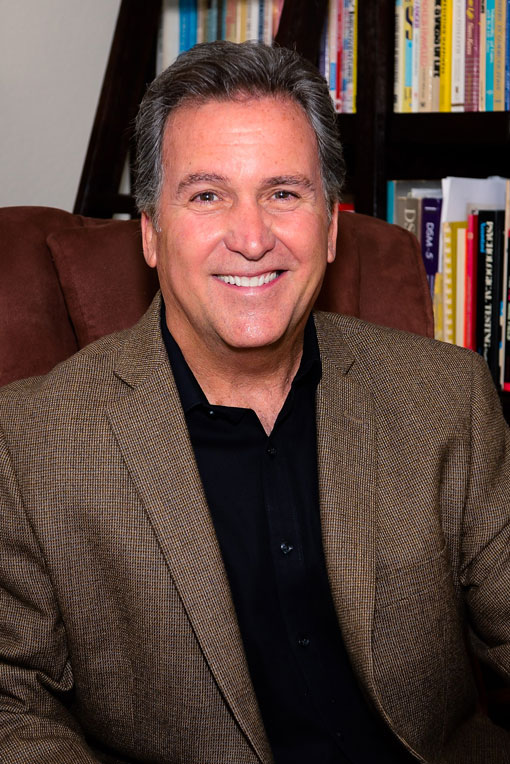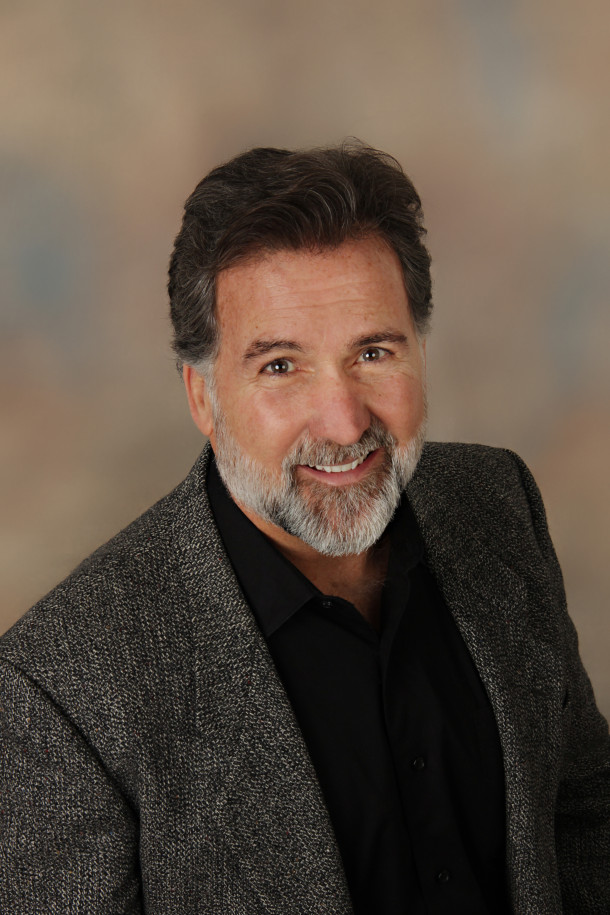
San Clemente Christian and Couples Counseling
My Experience
I have been in practice for over 40 years, working with a very diverse population, including individual’s, adults, adolescents, and couples with a wide variety of concerns and complex life challenges. I taught for 28 years, first as an associate professor of psychology at Marymount College, and have taught graduate courses at Loyola Marymount University, Pepperdine University, and California State University Dominguez Hills. I have been the recipient of the Lampert Award from Pacificare Behavioral Health, which quantifies client outcomes. In effect, my therapeutic effectiveness has been ranked in the top one percent of over 10,000 participating therapists.
I have an extensive knowledge and experience with a variety of therapeutic modalities, especially cognitive behavioral and brief, solution-focused therapy. This allows me to utilize that which will work best for you, thus enabling you to achieve the most efficient and effective results.
Having taught for 28 years, as well as consulting with the Board of Behavioral Sciences in designing the California State Board Exams for the MFT license, helps me stay on the leading edge of theory and technique. I believe in the importance of an integration and balance of a healthy mind, body, and spirit.
Qualifications
- Years in Practice: Over 40 years
- Certified Clinical Trauma Professional
- School: Loyola Marymount University
- Year Graduated: 1979
- License No. and State: MFC18461 California
Client Focus
Age:
- Adolescents / Teenagers (14 to 19)
- Adults
- Elders (65+)
It’s Not Where You’ve Been that Counts,
It’s Where you are GOING… – Anonymous
Treatment in Focus

Relationship Issues
Mood Disorders
Anxiety
Get Started Today
Schedule An Appointment Now

